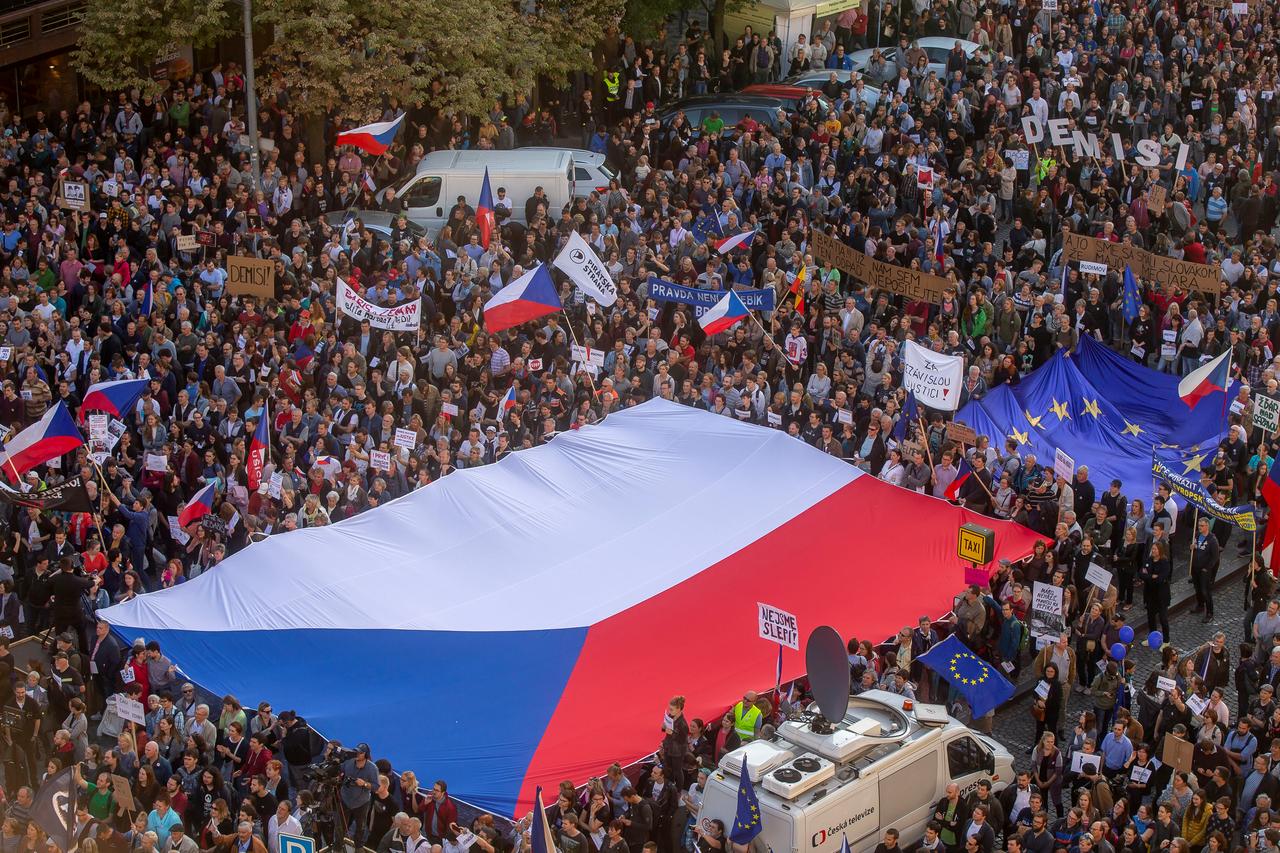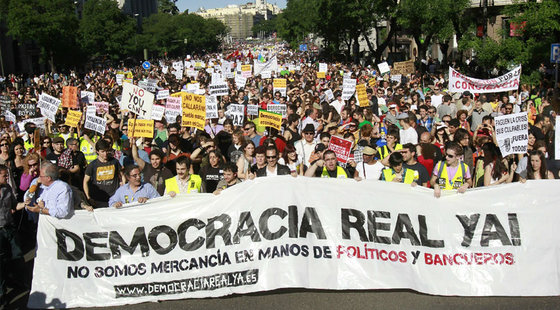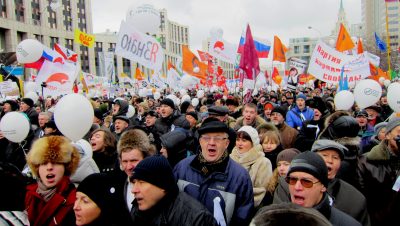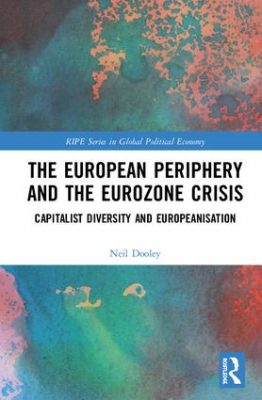By Filip Kostelka & Jan Rovny
Who participates in protests? Much literature assumes that economic left-leaning individuals are expected to protest more than right-leaning ones. However, Filip Kostelka and Jan Rovny question this assumption and suggests that there is no natural affinity between left-wing or right-wing economic outlooks and protest behaviour. They argue that it is the cultural dimension that matters for protesting.

This fall is increasingly hot for democratic and undemocratic rulers alike in many countries of the world. Last month, the media reported massive citizen protests from places as diverse as Catalonia, Chile, Ecuador, England, Germany, Hong Kong, Italy, Lebanon, or Pakistan. The reasons for these protests are manifold, accounting for the diversity in the socio-demographic and political profile of protesters. Political science research shows that in most contexts, younger, male, educated, politically interested, and trade-unionised citizens are more likely to engage in protest activities. Importantly, much of the literature also assumes that left-wing ideology, defined primarily in economic terms as support for redistribution, is conducive to protesting. In general, left-leaning individuals are expected to protest more than right-leaning ones. However, our recent study questions this assumption and suggests that there is no natural affinity between left-wing or right-wing economic outlooks and protest behaviour. Continue reading







 The EU has set a target of generating at least 20% of its total energy needs through renewables by 2020. Given the success of Green parties in May’s European Parliament elections, there is now real momentum in the push toward renewable energy transition. But a number of resilient obstacles remain and there is a clear need for stricter policies at both the EU and national levels.
The EU has set a target of generating at least 20% of its total energy needs through renewables by 2020. Given the success of Green parties in May’s European Parliament elections, there is now real momentum in the push toward renewable energy transition. But a number of resilient obstacles remain and there is a clear need for stricter policies at both the EU and national levels.

